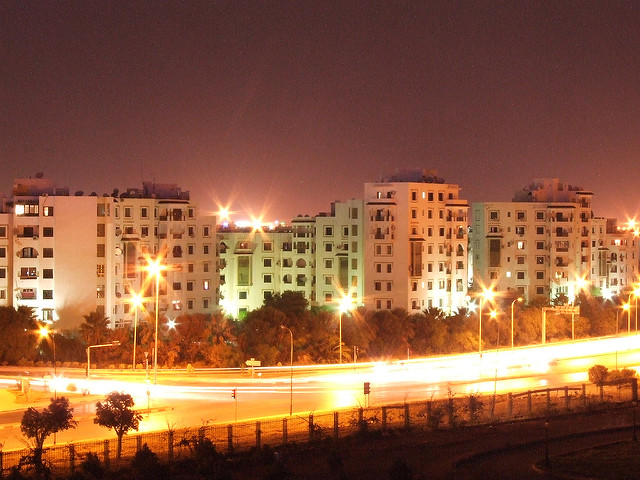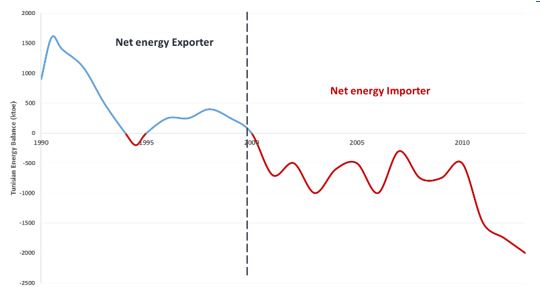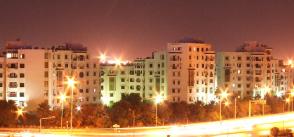
Tunisia, the pursuit of energy independence
Tunisia, an emerging country in North Africa, is historically presenting an energy mix mainly based of gas (part of it is locally produced or imported from Algeria, a cross-border country).The decrease of its domestic fossil energy production and the recent COP 21 commitments have pushed the country to review its energy strategy for the next 20 years.
This article starts with making an overview of the key issues and challenges that the Tunisian government is facing. Then explores the different alternatives that could improve the energy independence and focuses on renewables.
1 - The Tunisian energy area… a growing deficit
The Tunisian energy mix is composed of fossil resources – mainly gas with 53% of the total primary energy consumed in 2014(1). The electricity production, distribution and transport activities are mostly held by STEG (Gaz and electricity national company), with 85% of the electricity produced in 2012 (14). The rest of electricity is produced by 2 IPPs(b) (Carthage Power Company and El Bibane Power Company).
Today Tunisia is facing a huge energy deficit which has reached 4 Mtep in 2015 and which is caused by two main phenomena: i. The energy consumption has nearly doubled within 20 years between 1992 and 2012 due to the economic growth and the increase of the electrification rate (100 % in 2012). ii. Overall production decrease in primary energy (especially crude oil), the last period due the slow new fields’ exploration activity (lack).
The indicators bellow summarize the energy balance in Tunisia.
Tunisian energy production

Read the full article by Amal Abid and Anthony Dos Reis via Bearing Point.







